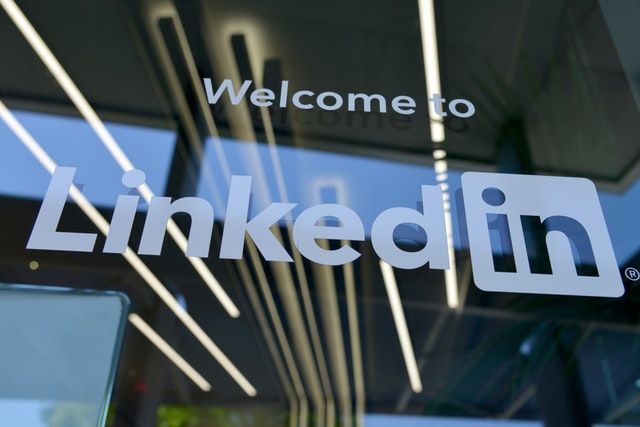 POLICY
POLICY
 POLICY
POLICY
 POLICY
POLICY
Microsoft Corp. announced today that it’s shutting down the Chinese version of LinkedIn, with the company stating there have been issues with “compliance” in the country.
In a blog post, the company said it will introduce a different app in China called “In Jobs” that should arrive sometime later this year. It will be a completely different app, though, and one without the features that China didn’t seem to like on LinkedIn: the social media capabilities and the ability to share articles.
Microsoft admitted that it knew there would be challenges in operating LinkedIn in China, but said it stuck to a “clear set of guidelines” and presumably thought things would be OK. It seems they weren’t.
“While we’ve found success in helping Chinese members find jobs and economic opportunity, we have not found that same level of success in the more social aspects of sharing and staying informed,” wrote Mohak Shroff, senior vice president and head of engineering at LinkedIn. “We’re also facing a significantly more challenging operating environment and greater compliance requirements in China.”
Just last month, a number of U.S. journalists were blocked on LinkedIn China for posting what was called “prohibited content.” According to reports, this also followed the blocking of researchers’ accounts. In one case, a British academic said he wasn’t sure what his transgression had been, but put it down to an article he posted containing the words “Tiananmen Square massacre.”
U.S. writer Greg Bruno said he received the same treatment, assuming the reason was for writing about Tibetan refugees. He told Verdict that he was disappointed that “an American tech company is caving in to the demands of a foreign government,” adding, “It seems clear that LinkedIn made the decision to choose profits over truth.”
He’s not the only one to air such a grievance. U.S. Senator Rick Scott recently wrote a letter to LinkedIn Chief Executive Ryan Roslansky and Microsoft CEO Satya Nadella, accusing the company of “gross appeasement and an act of submission to Communist China.”
Reports state that in March this year the Chinese government told Microsoft that it had 30 days to improve regulation of content on the platform. It seems following the criticism, Microsoft decided the better move was to close the entire thing down.
Support our mission to keep content open and free by engaging with theCUBE community. Join theCUBE’s Alumni Trust Network, where technology leaders connect, share intelligence and create opportunities.
Founded by tech visionaries John Furrier and Dave Vellante, SiliconANGLE Media has built a dynamic ecosystem of industry-leading digital media brands that reach 15+ million elite tech professionals. Our new proprietary theCUBE AI Video Cloud is breaking ground in audience interaction, leveraging theCUBEai.com neural network to help technology companies make data-driven decisions and stay at the forefront of industry conversations.